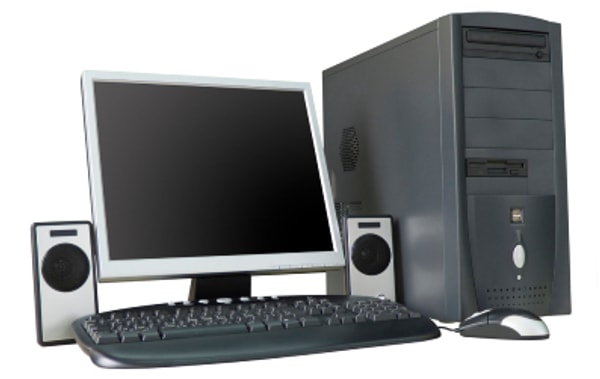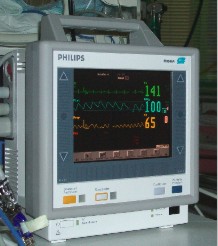Types of Computer Based on the operational Principle
Types of Computers Based on the operational Principle
Based on the operational ( working ) principle of computers, they are categorized as analog, digital and hybrid computers.
Analog Computers
An analog computer (spelt analogue in British English) is a form of computer that uses continuous physical phenomena such as electrical, mechanical, or hydraulic quantities to model the problem being solved. These are almost extinct today. These are different from a digital computer because an analog computer can perform several mathematical operations simultaneously. It uses continuous variables for mathematical operations and utilizes mechanical or electrical energy.

Analog Computers
Digital Computers
They use digital circuits and are designed to operate on two states, namely bits 0 and 1. They are analogous to states ON and OFF. Data on these computers is represented as a series of 0s and 1s. Digital computers are suitable for complex computation and have higher processing speeds. They are programmable. Digital computers are either general purpose computers or special purpose ones. General purpose computers, as their name suggests, are designed for specific types of data processing while general purpose computers are meant for general use.

Digital Computers
Hybrid Computers
These computers are a combination of both digital and analog computers. In this type of computers, the digital segments perform process control by conversion of analog signals to digital ones. A hybrid computer system setup offers a cost effective method of performing complex simulations.

Hybrid Computers
